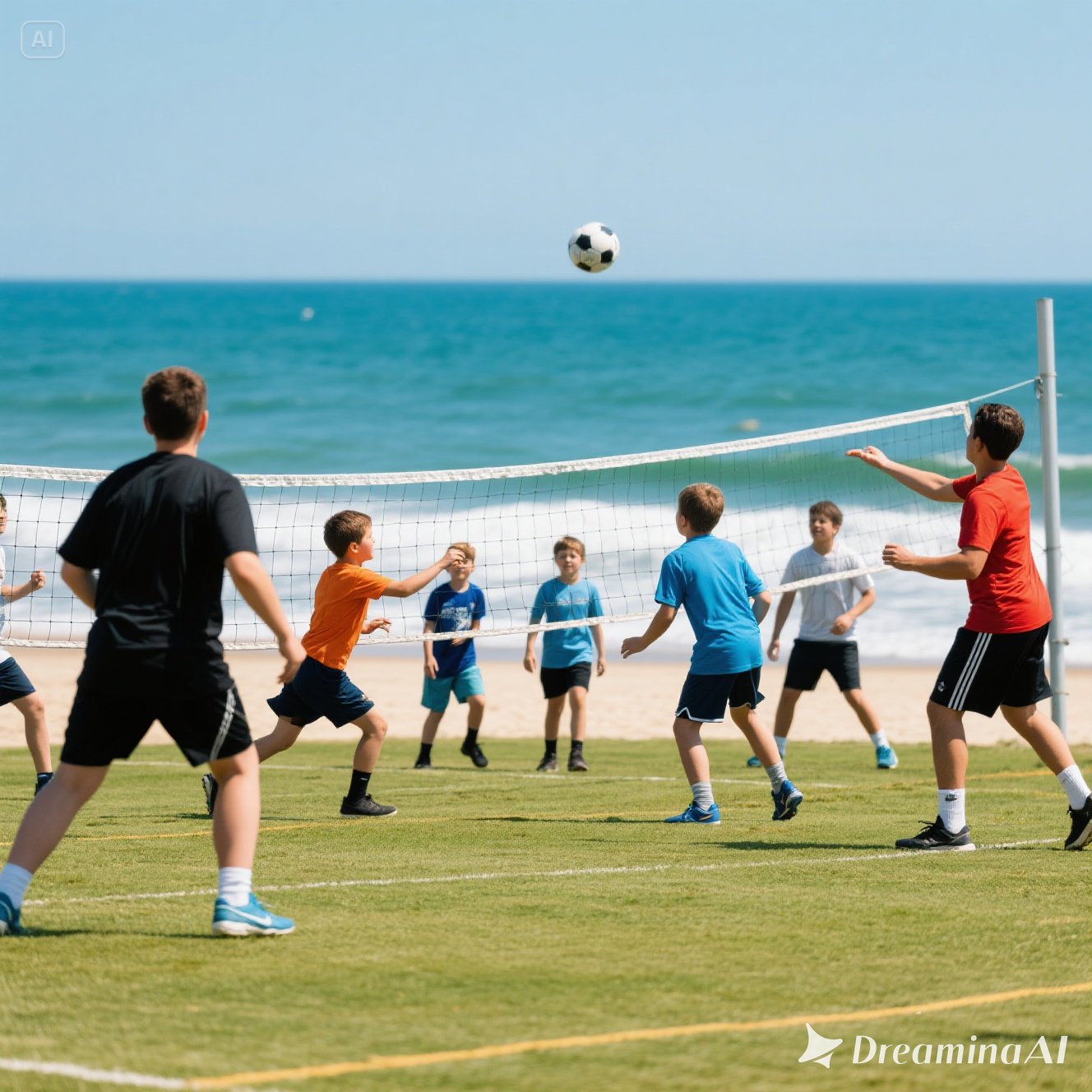Sleep is essential for athletes, boosting recovery, strength, focus, and endurance. Discover how quality sleep enhances athletic performance.
Athletes often focus on training intensity, nutrition, and recovery techniques, but one crucial factor is sometimes underestimated: sleep. Adequate sleep is not just about rest; it is a powerful tool that directly affects physical performance, mental sharpness, and overall recovery.
This article explores the science behind the role of sleep in athletic performance, highlighting how it impacts recovery, strength, coordination, and mental resilience.
1. Why Sleep Matters for Athletes
Sleep is a fundamental biological process that supports both physical and cognitive functions. For athletes, the benefits of sleep include:
- Muscle recovery and repair after intense workouts.
- Energy restoration through glycogen replenishment.
- Cognitive enhancement for better focus and decision-making.
- Injury prevention by maintaining neuromuscular control.
Without sufficient sleep, even the most rigorous training programs and strict diets cannot deliver optimal performance.
2. Sleep and Physical Recovery
a. Muscle Repair
During deep sleep (slow-wave sleep), the body releases growth hormones essential for muscle repair and recovery. This process helps athletes recover from strenuous exercise and prepare for the next training session.
b. Immune Function
Quality sleep strengthens the immune system, reducing the risk of illness or injury interruptions that can derail training cycles.
c. Hormonal Balance
Sleep regulates hormones such as cortisol (stress hormone) and testosterone (vital for muscle growth). Poor sleep disrupts this balance, impairing recovery and strength.
3. Sleep and Cognitive Performance
Athletic performance is not only physical but also mental. Sleep plays a vital role in:
- Reaction Time: Sleep deprivation slows reaction speed, critical in sports like basketball, tennis, and sprinting.
- Focus and Concentration: Lack of sleep leads to poor decision-making and reduced tactical awareness.
- Learning and Memory: Adequate REM sleep consolidates motor learning, helping athletes master new techniques.
4. How Much Sleep Do Athletes Need?
While the general population requires 7–9 hours per night, athletes often need more due to higher physical demands.
- Recommended: 8–10 hours per night.
- Naps: Short naps (20–30 minutes) can enhance alertness and recovery.
Elite athletes such as Roger Federer and LeBron James are known to prioritize sleep, sometimes getting up to 10–12 hours daily.
5. Consequences of Sleep Deprivation for Athletes
- Reduced endurance and strength.
- Increased injury risk due to impaired motor coordination.
- Weakened immune system leading to illness.
- Emotional instability such as irritability and decreased motivation.
Studies show that even one night of poor sleep can negatively affect sprint performance, shooting accuracy, and overall physical output.
6. Strategies to Improve Sleep for Athletes
- Maintain a consistent sleep schedule. Go to bed and wake up at the same time daily.
- Create a sleep-friendly environment. Dark, quiet, and cool rooms improve sleep quality.
- Limit screen time before bed to reduce blue light exposure.
- Practice relaxation techniques such as meditation or breathing exercises.
- Mind nutrition and caffeine. Avoid heavy meals and caffeine intake close to bedtime.
Conclusion
Sleep is not a luxury for athletes; it is a performance enhancer just as important as training and nutrition. Adequate sleep supports muscle recovery, boosts energy, sharpens focus, and reduces injury risks.
For athletes aiming to reach peak performance, prioritizing sleep should be as critical as hitting the gym or following a strict diet plan. In essence, sleep is the ultimate recovery tool that can determine the fine line between good and great performance.
Recomment :













